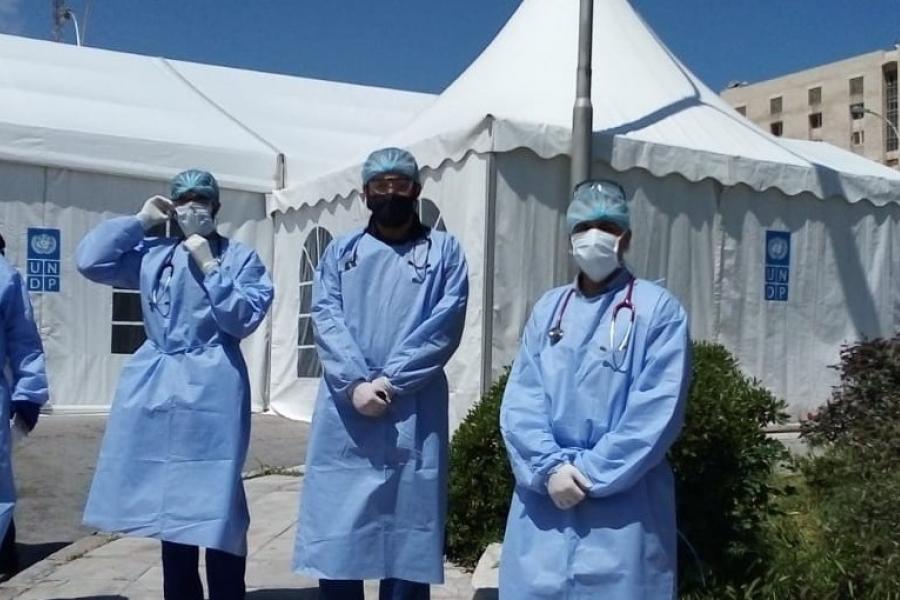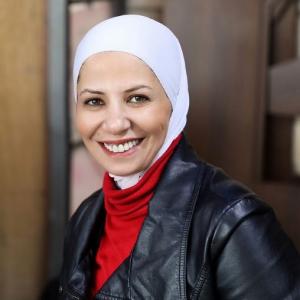UN Jordan works side-by-side with the Kingdom to respond to COVID-19 crisis
16 April 2020
- Led by the World Health Organisation (WHO) team in Jordan, the UN country team is working closely with the Jordanian government and relevant authorities to support the national response plan to tackle the outbreak of COVID-19.
AMMAN — In these exceptional circumstances and the current unprecedented health crisis, the UN in Jordan shares the concerns that many people share, said Anders Pedersen, current UN resident and humanitarian coordinator in Jordan, on Tuesday.
He told the Jordan News Agency, Petra, that, as the battle against the emerging coronavirus appears to be “one of the greatest challenges facing humanity” at the present time, cooperation is needed to support the efforts of the Jordanian government in response to the pandemic.
Led by the World Health Organisation (WHO) team in Jordan, the UN country team is working closely with the Jordanian government and relevant authorities to support the national response plan to tackle the outbreak of COVID-19, Pedersen said.
“Our support to the Jordanian government includes — but is not limited to — developing the national preparedness and response plan in line with WHO directives to contain the transmission of the virus,” he noted.
“Our support includes purchasing medical supplies, personal protection tools and diagnostic tests for the emerging coronavirus, in addition to supporting educational and awareness campaigns and providing safe water, sanitation services, medical waste management and remote learning,” the coordinator said.

If the pandemic places any restrictions on human rights practices and fundamental freedoms, the UN in Jordan will support the government to ensure that anti-virus measures are applied without discrimination of any kind and in accordance with relevant international standards, Pedersen added.
He said that in response to the measures announced by the Jordanian government, the UN has put in place plans for business continuity to ensure the implementation of its programmes for various Jordanian and non-Jordanian people, especially for the most vulnerable groups, women and children.
Pedersen also stressed that the UN continues to provide basic and life-saving services, including water and sanitation, health and food services, in addition to protection and remote education for children and youth in refugee camps, through agencies located in the field in cooperation with local authorities.
He highlighted the respect of the UN in Jordan and its deep appreciation for all health workers and emergency response services and all those on the front lines who are “working tirelessly in response to the current situation”, adding: “We ask everyone to support them in these difficult circumstances."
"While we are working to address the crisis, we are also looking beyond its short- and medium- term health dimensions to determine its social and economic impacts, in order to identify the best mechanisms to support Jordan to face the effects of the crisis that will be revealed later," Pedersen said.



